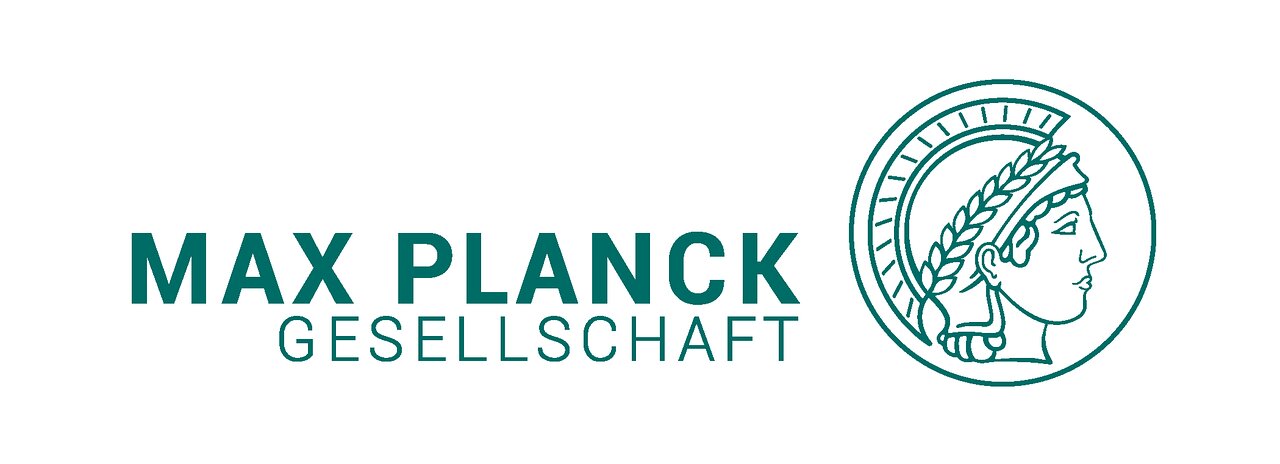The International Max Planck Research School for Condensed Matter Science in Stuttgart
Our aim is to afford first class training and education for outstanding doctoral students from all over the world in a stimulating research environment. This competitive doctoral program will provide students with an excellent starting platform for a successful career in the fields of solid state chemistry / physics and materials science.

The IMPRS-CMS was established by the Max Planck Institute for Solid State Research and the University of Stuttgart in 2014. A brief overview of the two institutions can be found here:
The University of Stuttgart is one of the leading German research universities. Since a long time it puts a major research focus on solid-state physics and chemistry.
This strategic direction is strongly supported by a close and long-standing partnership with the MPI-FKF, and with other institutions on the Cooperative Research Campus Stuttgart.
This campus also comprises the Max Planck Institute for Intelligent Systems (MPI-IS), several Fraunhofer Institutes, and the German Aerospace Center, and reaches out to major research and development centers of renowned international companies (including Bosch, Alcatel-Lucent, Agilent, Sony, Trumpf, Daimler, IBM, EnBW, and Porsche) in the Stuttgart area.
The MPI for Solid State Research (MPI-FKF)
The MPI-FKF is one of the largest institutes in the Max Planck Society. It comprises eight research departments and a number of independent research groups with a total of about 500 employees (60% of whom are scientists).
Research at the MPI-FKF focuses on the physics and chemistry of condensed matter with two broad thrust areas: complex materials and nanoscale science.
In both areas, electronic and ionic transport phenomena are of particular interest. Close interaction and cooperation between physicists and chemists, experimentalists and theorists at all levels is an essential element of the Institute culture.
Here you will find a brief review of twelve years of successful work of the IMPRS for Advanced Materials - the predecessor of the IMPRS-CMS.
In 2002, shortly after the introduction of the International Max Planck Research School (IMPRS) program by the Max Planck Society, the Departments of Physics and Chemistry at the University of Stuttgart and the MPI-FKF and the MPI-IS launched the IMPRS for Advanced Materials (IMPRS-AM) as a major joint initiative on graduate education. This initiative was motivated by the realization that cooperation between the MPIs and the University is essential in the global competition for top graduate students. The IMPRS-AM has covered a wide spectrum of scientific disciplines encompassing solid state physics, solid state chemistry, and materials science. The interaction and cooperation among institutes, departments, group leaders, and students in the framework of the IMPRS has contributed greatly to the interdisciplinary spirit on the Stuttgart campus. The IMPRS-AM was conceived as a pilot project encompassing only a small fraction of the graduate students in materials research on the Stuttgart campus. After operation for two consecutive six-year funding periods, the IMPRS model is widely viewed as a success in the Stuttgart condensed matter science community.

Academic Europe, the European career network for Academics, Researchers and Scientists